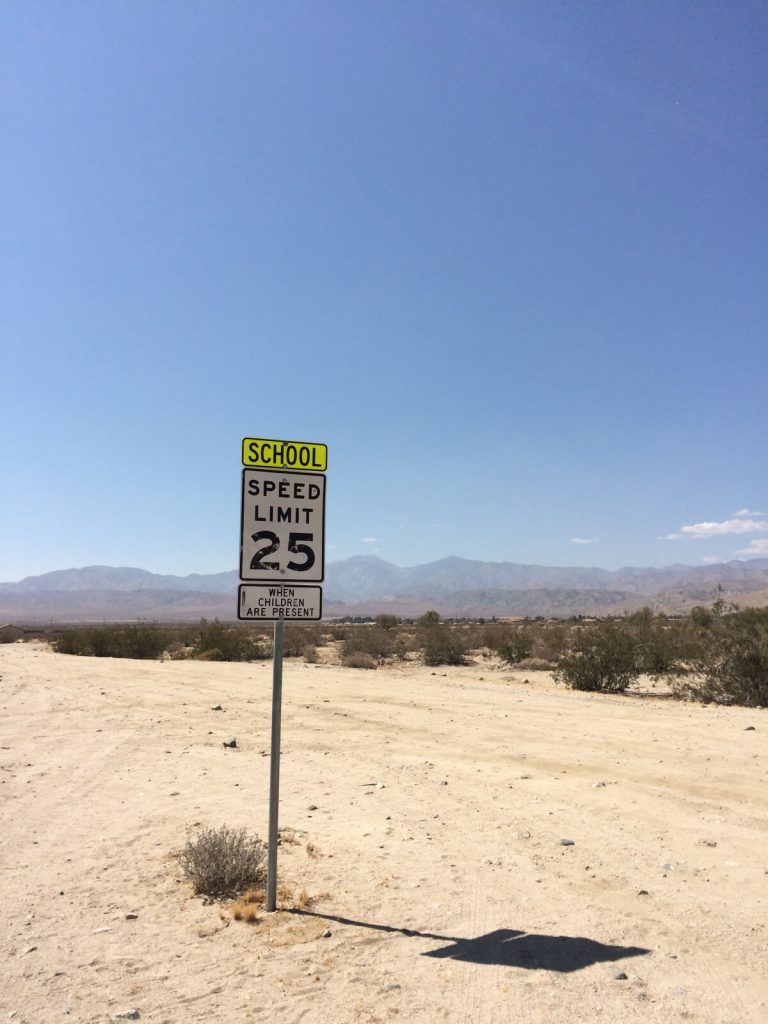It is commonplace that a state’s success, from the point of view of economy and social stability, depends on its youth. And the key to future generations and forming how they see the world is in education. At the end of the 1980s, the countries which freed themselves from Soviet authority faced the challenge of reforming educational policy that had until then rested on communist principles. Now, they had to develop a society open to democracy and capable of establishing and maintaining it. The expected breakthrough, however, has not happened.
Using Hungary as an example, the opposite of those aims have happened due to the conservative/right-wing government coalition. The regressive effects of this situation have been shown in the results of the 2016 PISA test. The results make the review of Hungarian education policy more urgent than ever. The world acknowledges the success of the Nordic educational systems (especially Finland). Moreover, several OECD countries demonstrated an incredible improvement in recent years. As for Hungary, the tendency is the opposite: the results of the 2016 test astonished even the experts, despite the worsening tendency of the past years. They show a devastating picture of the country’s educational system.
Aspiring to a Nordic Education System
The Nordic education models and their education policy show that the implementation of liberal principles has a great impact on the development of public education. The economic and social stability of a country that excels in PISA tests and other independent international surveys, as well as the citizens’ standard of living show that the liberal practices make a country’s society work well and creates an opportunity to develop the human capital necessary for economic development. In contrast, Hungary almost completely lacks that human capital. And with regard to democracy in Hungary, the situation could hardly be more devastating. According to a 2014 survey from the research group Active Youth, almost two-thirds of Hungarian young people doubt a democratic political system would be better than a dictatorship.
Download Full Article:
Gabor Horn_Hungarian Illiberal Democracy and the Role of Children_Review 6
Download Full Magazine:



